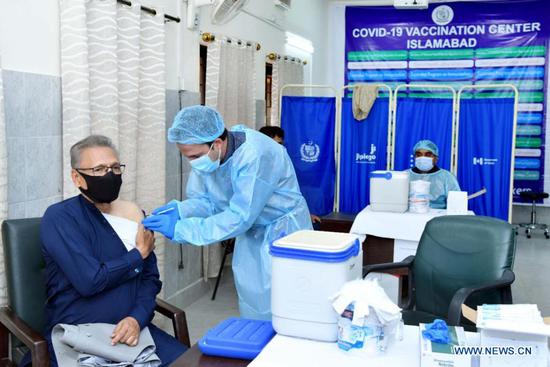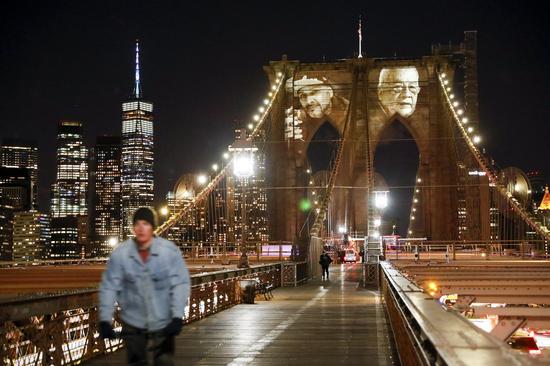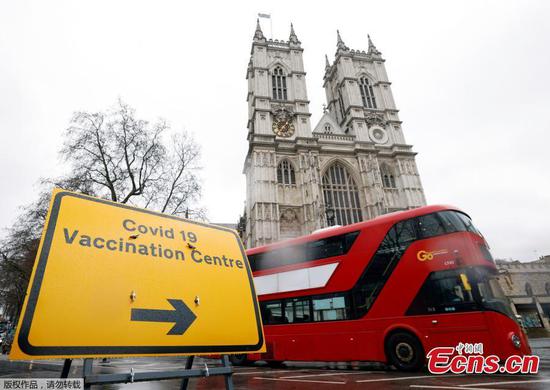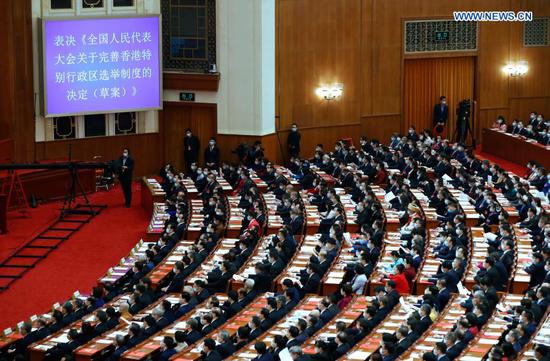U.S. retail sales fell by 3 percent in February, after a surge in the previous month, the U.S. Commerce Department reported on Tuesday.
Retail sales decreased by a seasonally adjusted 3 percent to 561.7 billion U.S. dollars in February, according to the report.
Diane Swonk, chief economist at Grant Thornton, a major accounting firm, said in a blog on Tuesday that losses in February were "broad-based" but largely "transitory," noting that vehicle sales alone dropped 4.2 percent.
"We saw sharp declines in online spending, furniture, appliances and spending at building and material stores. Those can be directly traced to harsh winter weather in the oil patch and the Sunbelt, which will also reverse next month," Swonk said.
Ryan Sweet, a senior director at Moody's Analytics, wrote in an earlier analysis that his team had expected retail sales to decline 1.8 percent in February, compared with the consensus for a 0.5 percent decline.
"Winter storms are normally net neutral for retail sales depending on the timing of the storm. However, a fading boost from economic impact payments and lagging tax refunds will weigh on retail sales in February," Sweet said.
Data for January was revised up from 5.3 percent to show growth of 7.6 percent, the Commerce Department's report showed. This is driven by the 900-billion-dollar COVID-19 relief package approved in December, which sent direct payments of 600 dollars to most Americans.
"That means that stimulus checks played a much larger role than previously thought in supporting the rebound in spending in January and underscores the importance of emergency aid and stimulus a year after COVID knocked the economy off its rails," Swonk said.
The recently passed 1.9-trillion-U.S.-dollar relief package, the first legislative victory for U.S. President Joe Biden, went into effect over the weekend, with some Americans already receiving the 1,400-dollar direct payments. The latest round of the stimulus checks is expected to support consumer spending in the coming months.
"The consumer is back with lots of support, despite a setback in February," Swonk said. "The key is to keep infections at bay so that resorts that reopened can stay open this time."


















































